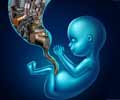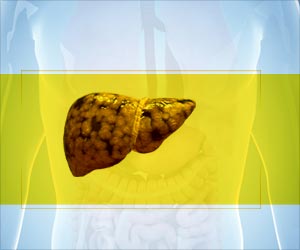Heavy alcohol use is associated with more memory and cognitive problems than mild-to-moderate alcohol use, especially among women, a study of drinking among the elderly in Brazil has found.
Heavy alcohol use is associated with more memory and cognitive problems than mild-to-moderate alcohol use, especially among women, a study of drinking among the elderly in Brazil has found. Mild-to-moderate alcohol use was associated with lower cognitive disorder rates than no alcohol use, also among women.
Studies of alcohol use and cognition among the elderly are rare and have mixed results. A study of drinking among the elderly in Brazil has found that heavy alcohol use is associated with more memory and cognitive problems than mild-to-moderate alcohol use, especially among women.Results will be published in the April 2010 issue of Alcoholism: Clinical & Experimental Research and are currently available at Early View.
"There is a scarcity of information about alcohol use and the elderly," said Marcos Antonio Lopes, corresponding author for the study and currently a visiting lecturer at Newcastle University in the United Kingdom, "which needs to be resolved in order to construct a real diagnosis and promote proper health care for this population."
Jerson Laks, associate professor at the State University of Rio de Janeiro and a researcher with the Brazilian National Committee for Research, agrees. "Alcohol use is frequently an exclusion criterion for any study of cognition and dementia in the elderly, as well as in studies aimed at depression," he said. "Therefore, by simply excluding alcohol use and abuse, most studies cannot reveal the interaction between drinking behaviors and cognition in this age range."
The current study is also important, Laks added, because it did not have any expectations that the elderly would drink less than younger subjects and, furthermore, it asked many difficult questions despite their negative stigmas in order to uncover the facts about drinking among the elderly in Brazil and its association with dementia.
Lopes and his colleagues recruited a sample of 1,145 individuals who were 60 years of age and older (419 men, 726 women), from different socioeconomic levels, and examined them in two phases. The first phase used several instruments, including the CAGE questionnaire, a four-question screening test for alcohol dependence, to identify potential alcohol-related problems, as well as a screening test for dementia to identify cognitive and functional impairment. The second phase used the Cambridge Mental Disorders of the Elderly Examination, as well as the Diagnostic and Statistical Manual of Mental Disorders - Fourth Edition, to establish a clinical diagnosis of dementia.
Advertisement
"This study shows that older people keep drinking along the life span," said Laks. "Taking into consideration that drinking may lead to falls and to cognitive impairment when heavy use is the case, this study creates important awareness about this issue."
Source-Eurekalert
RAS















